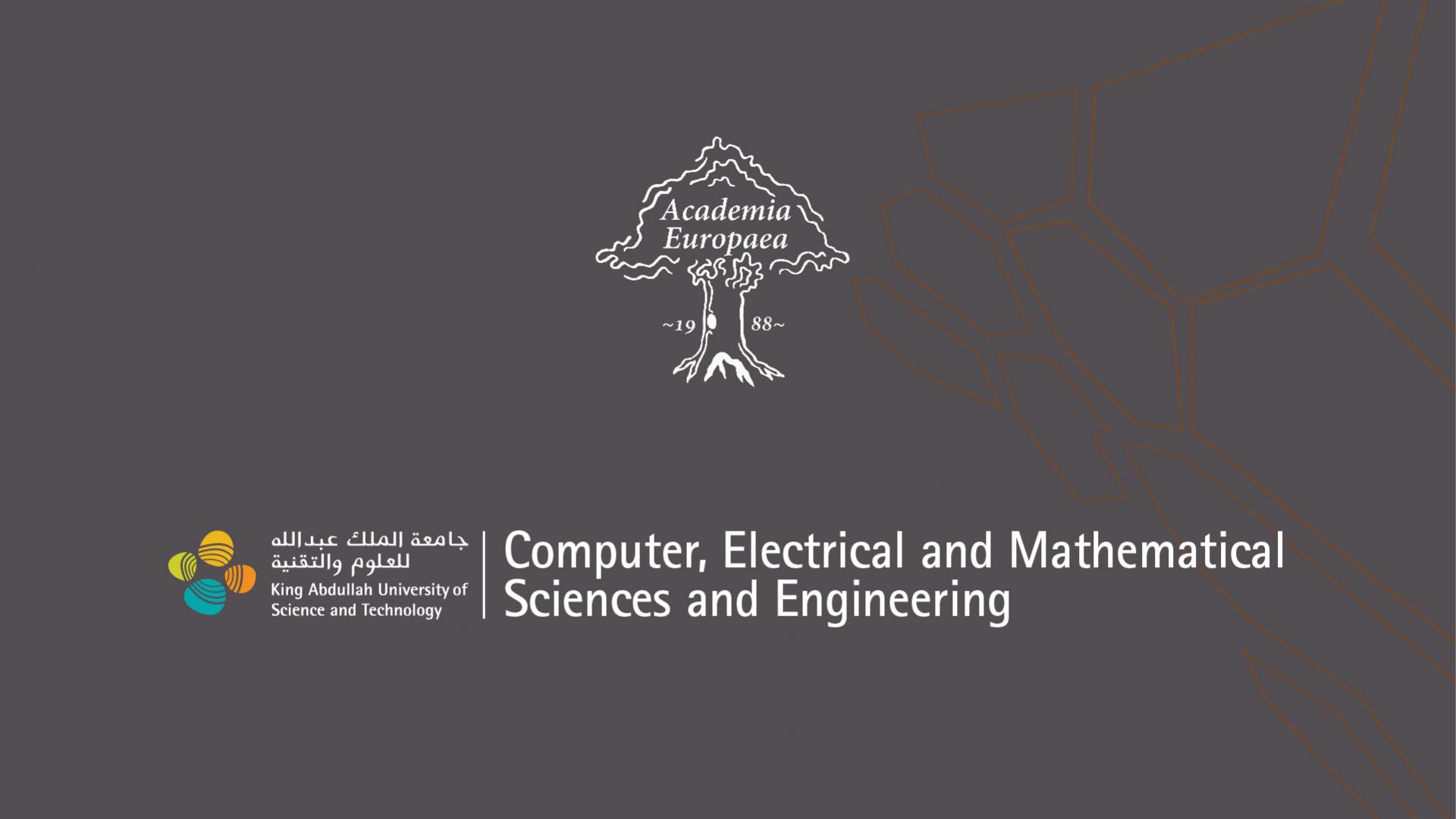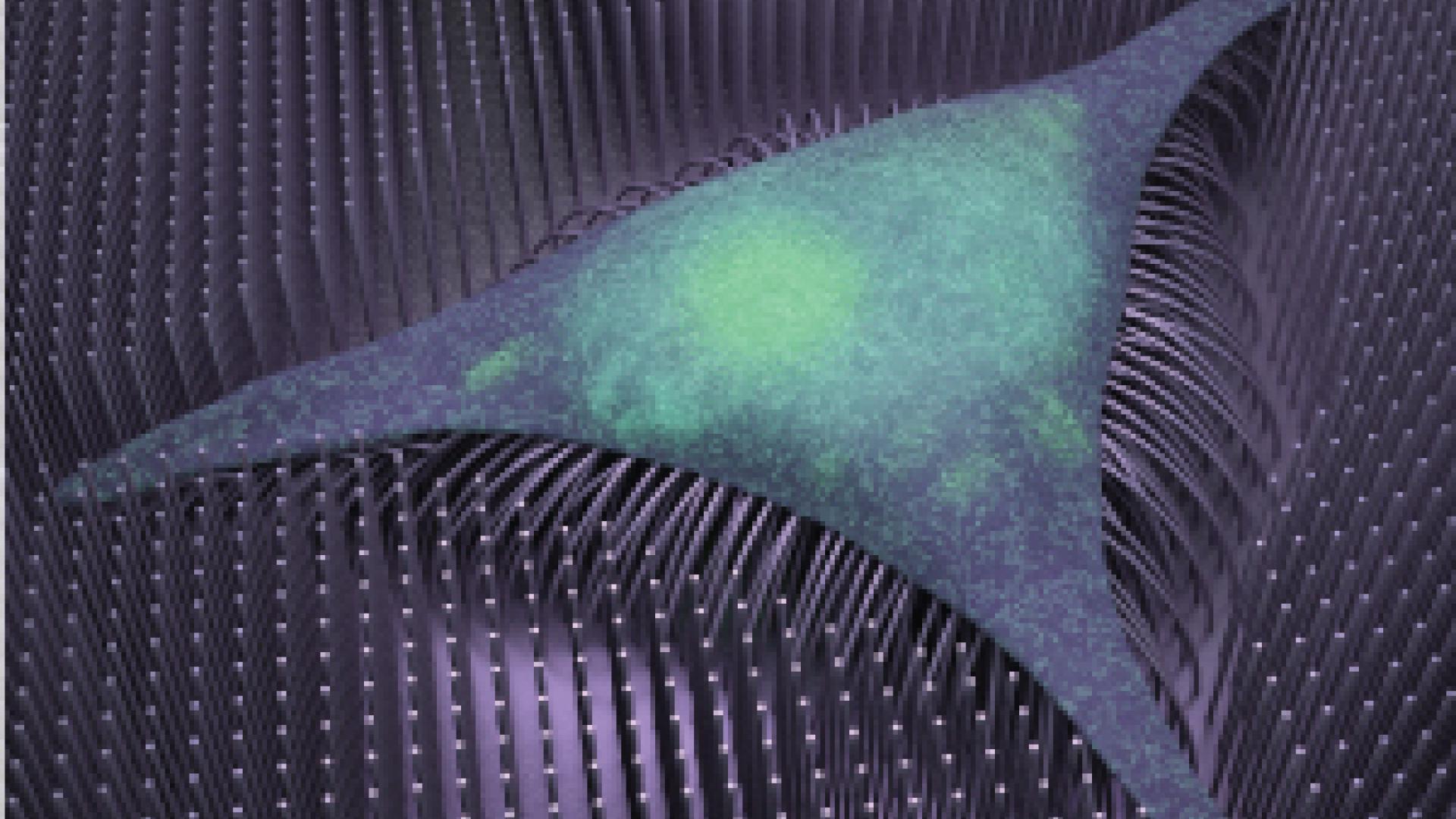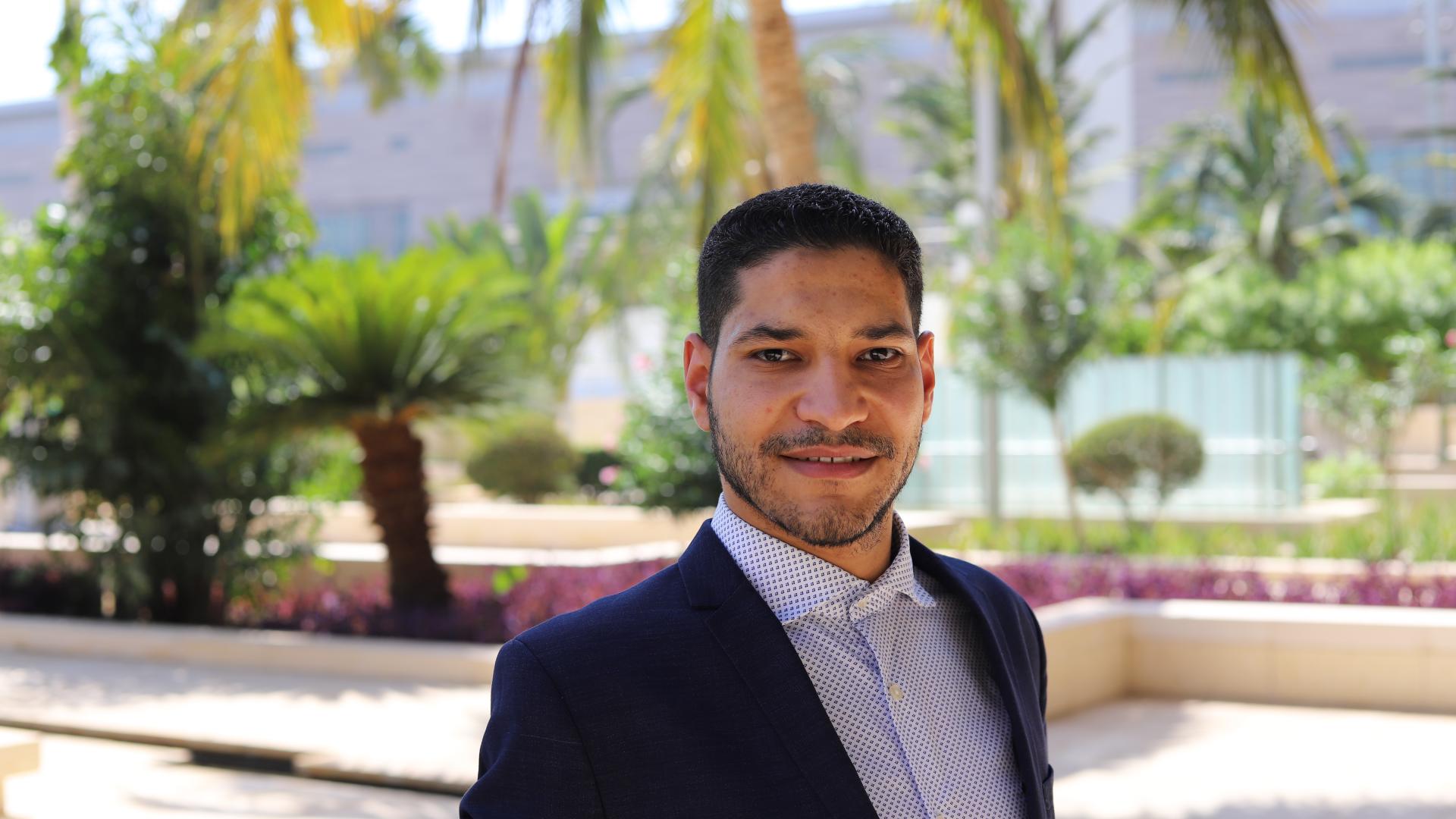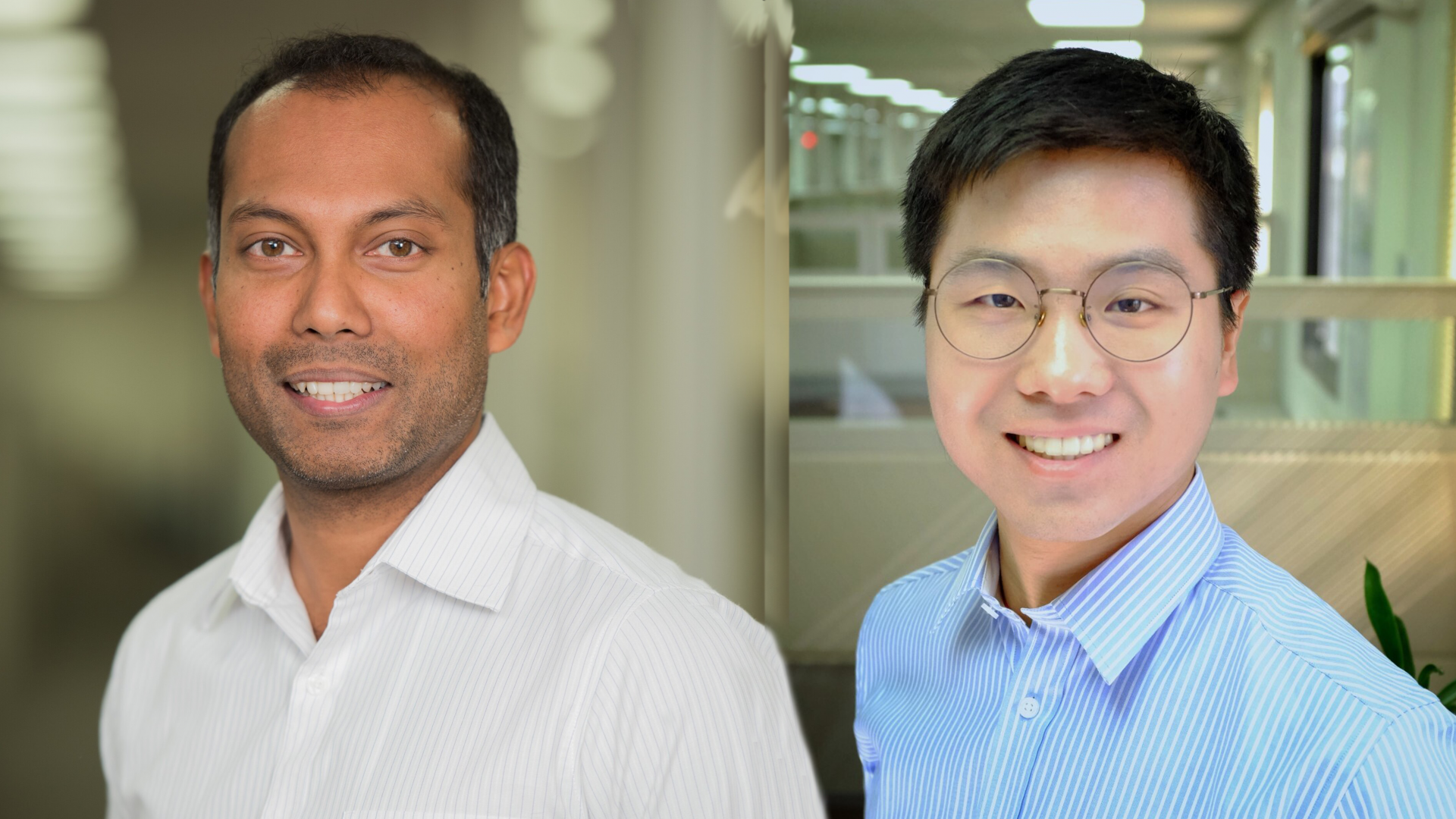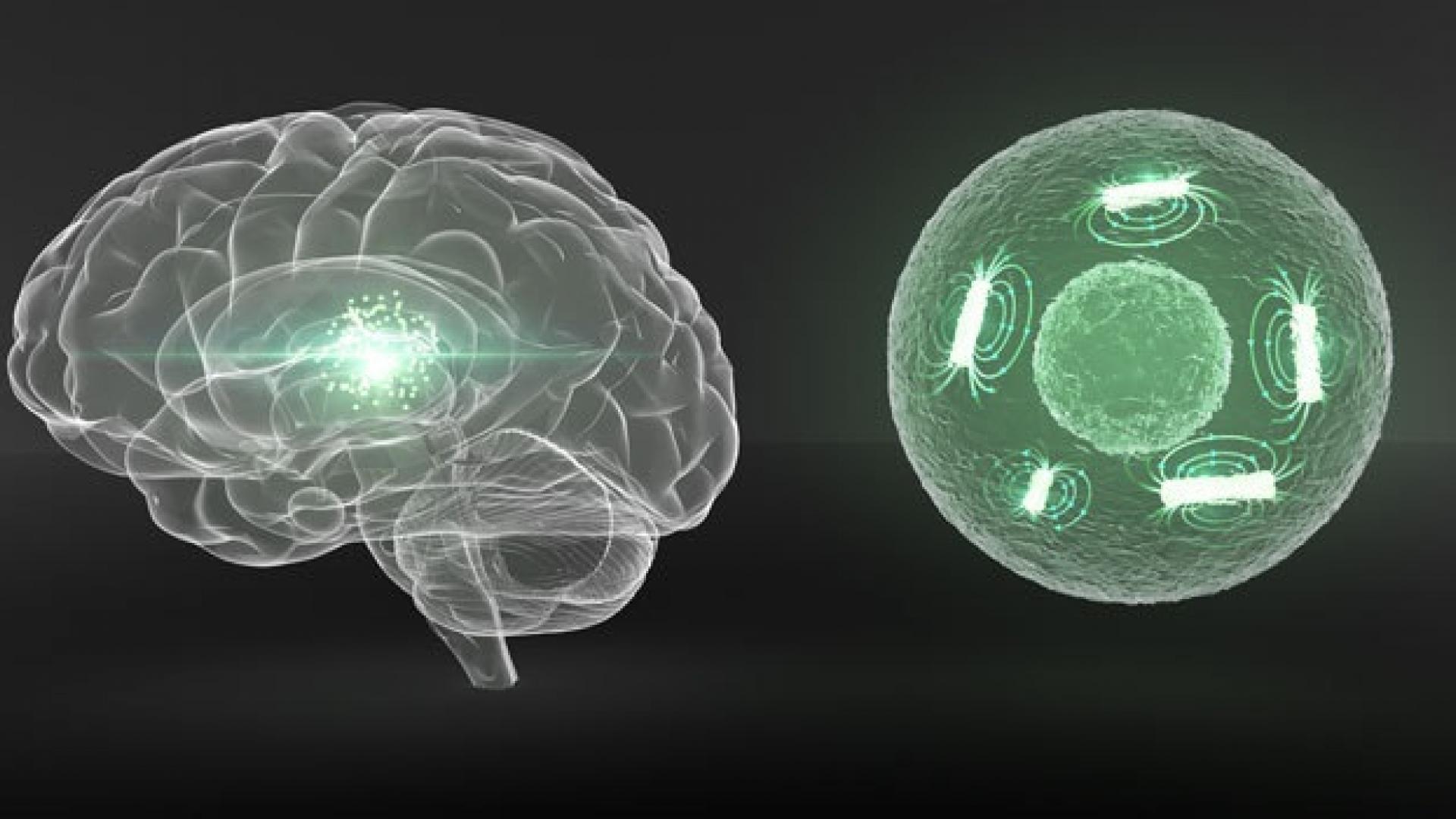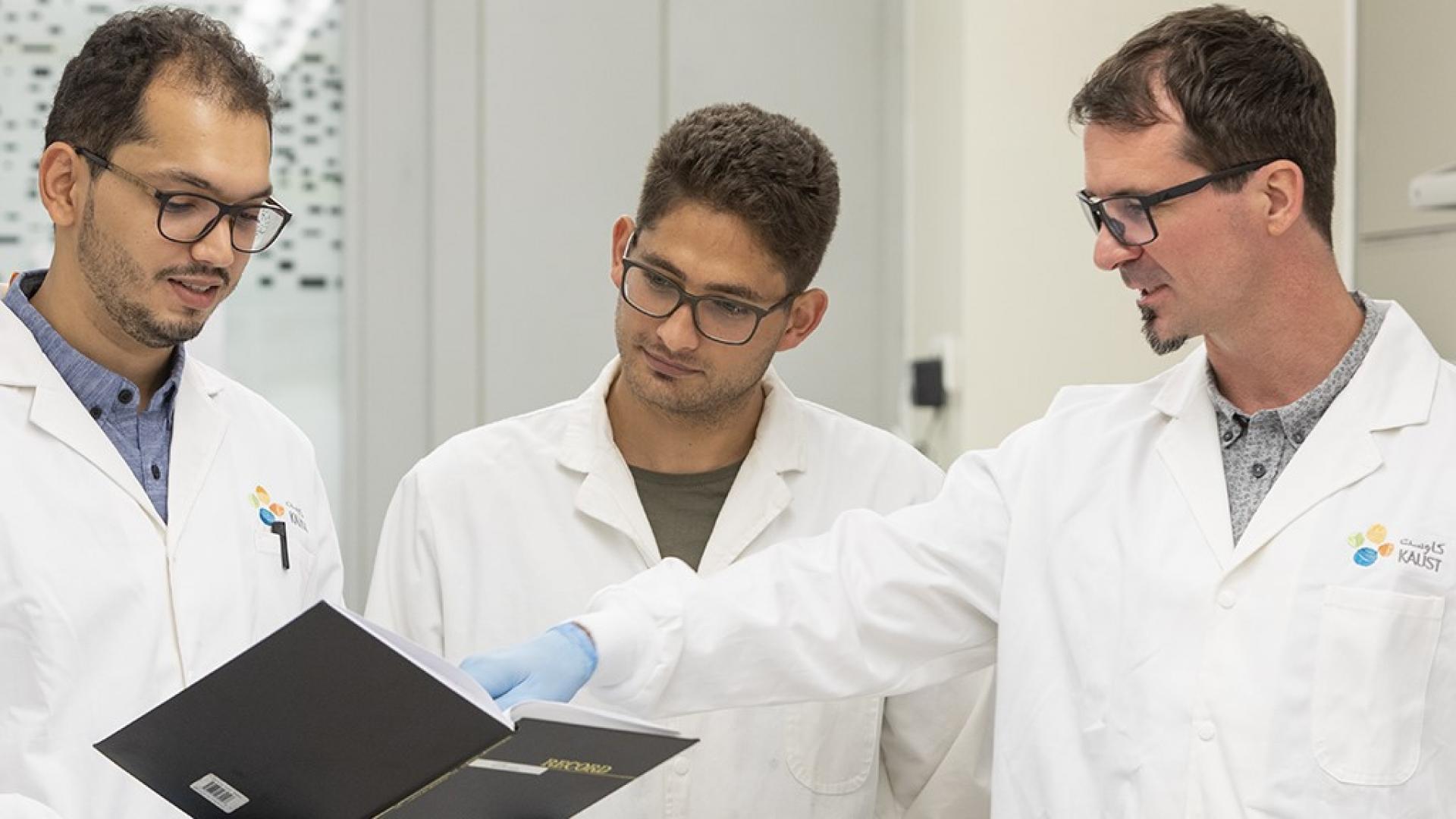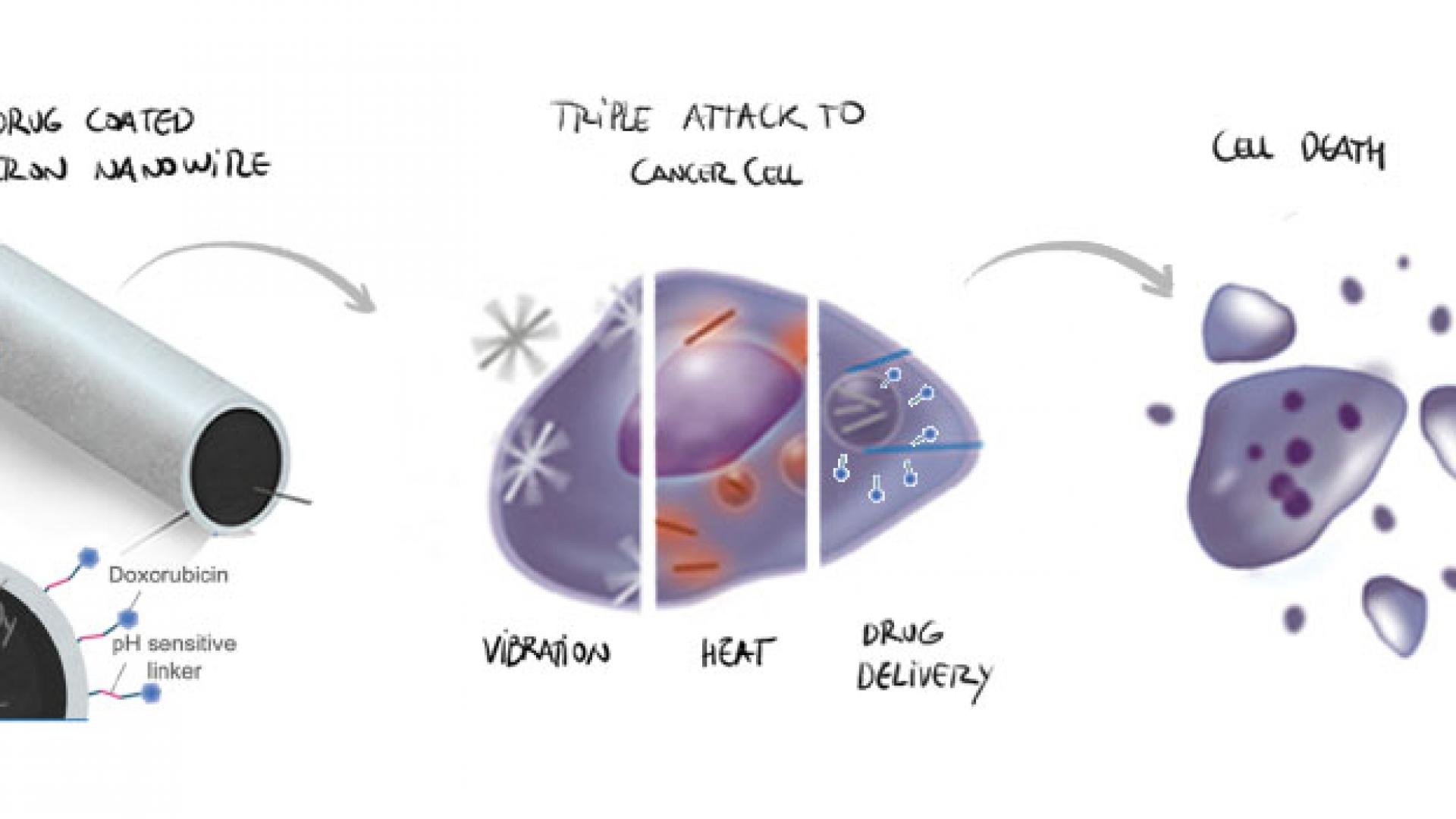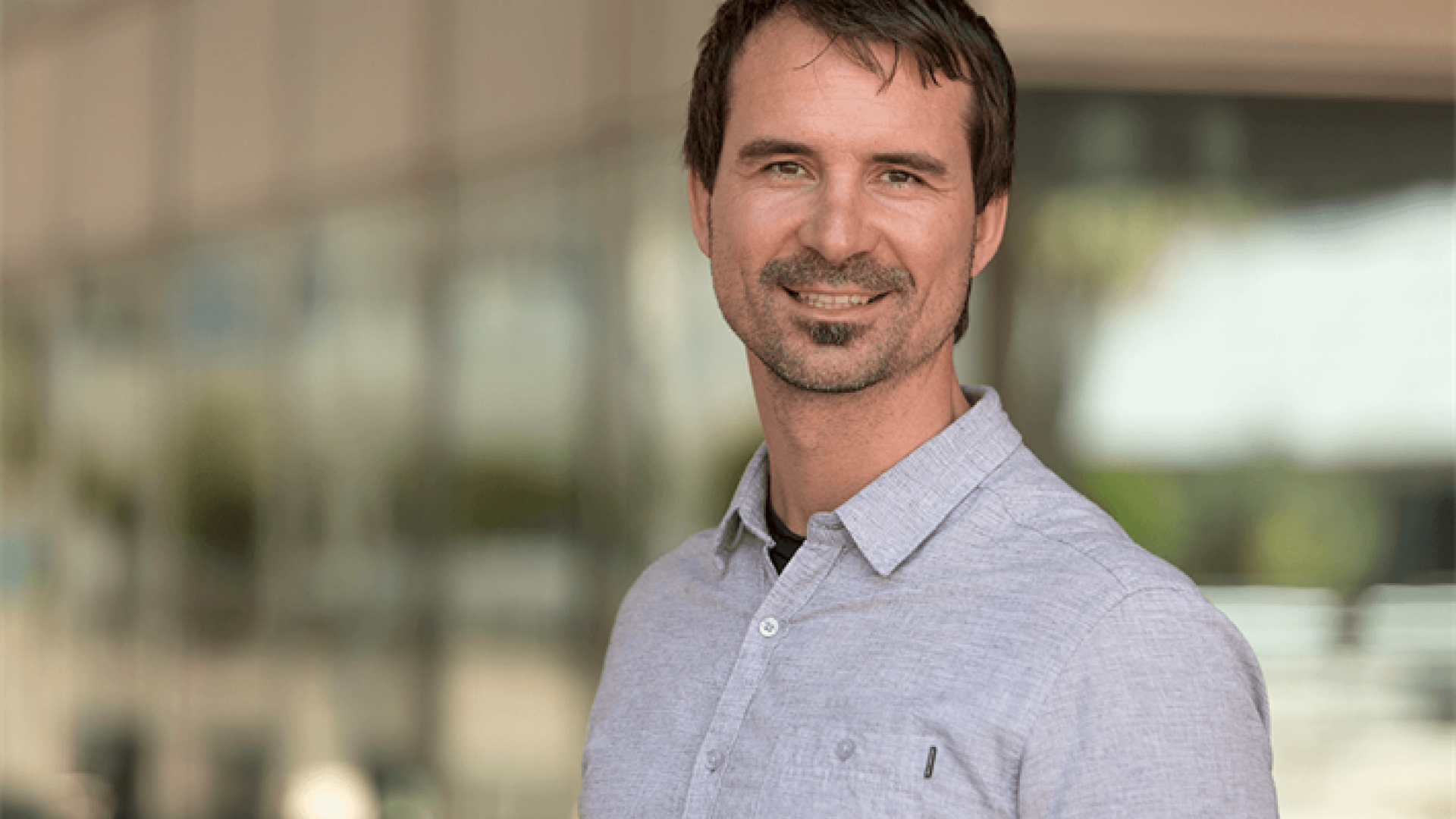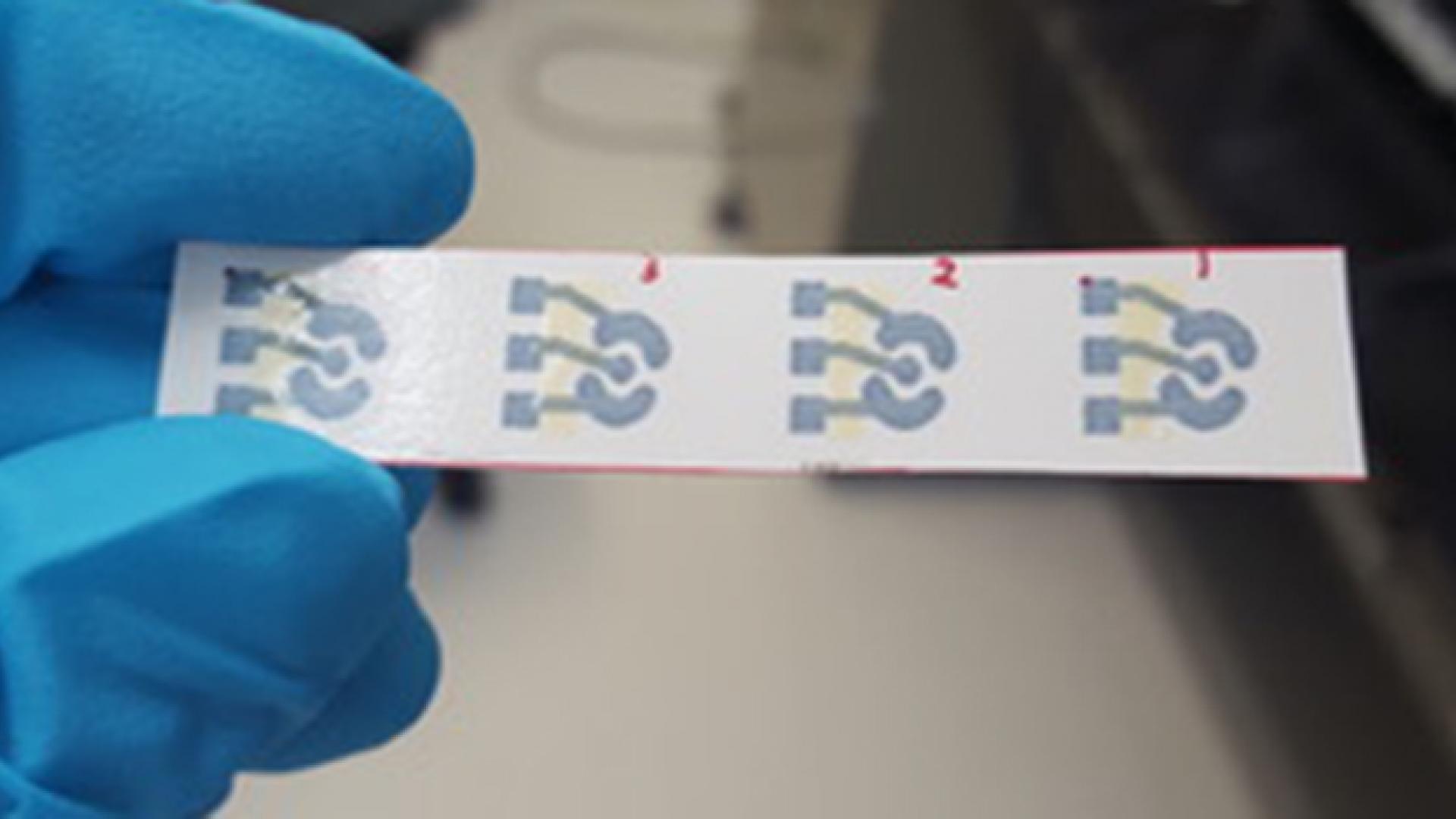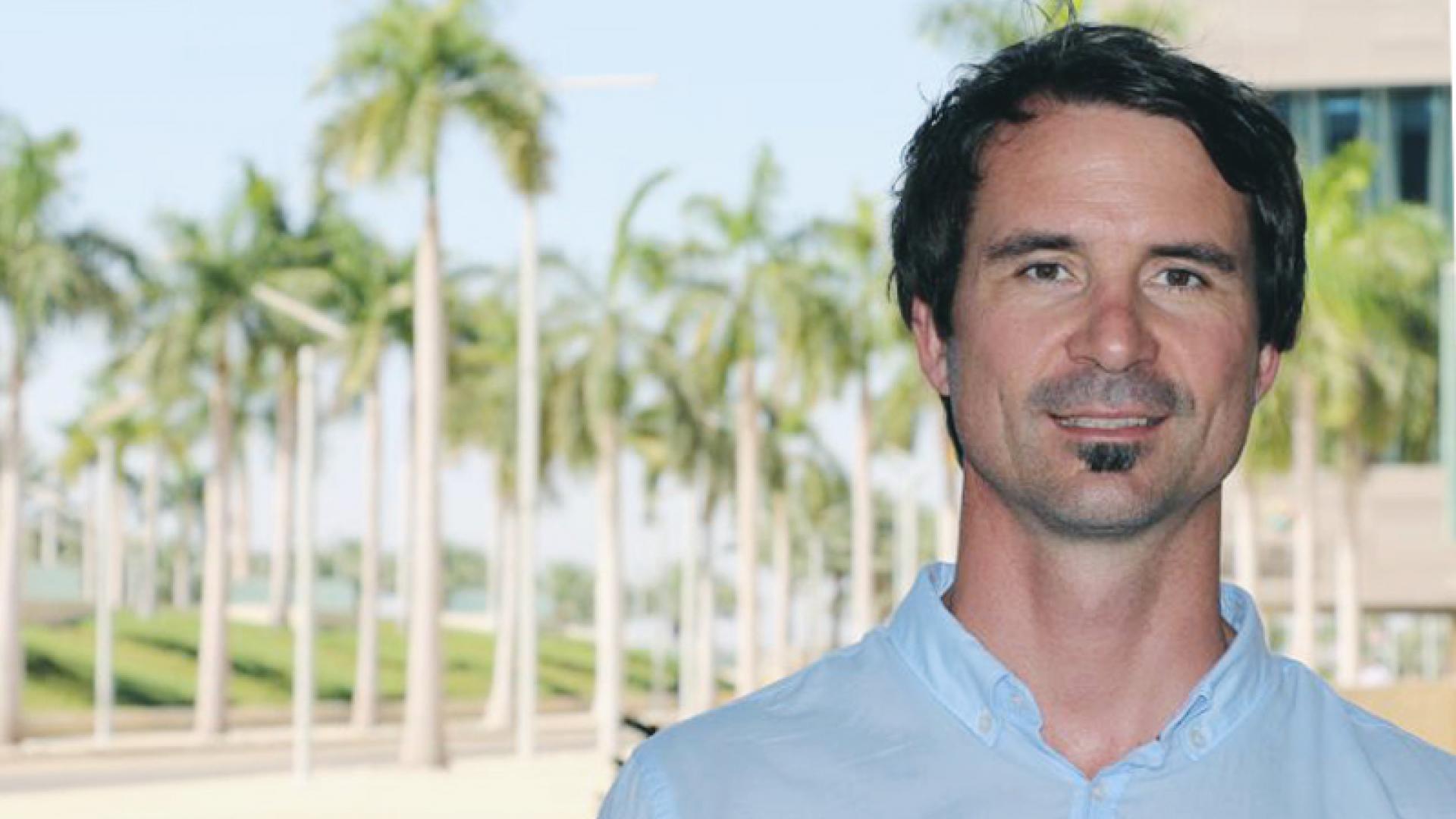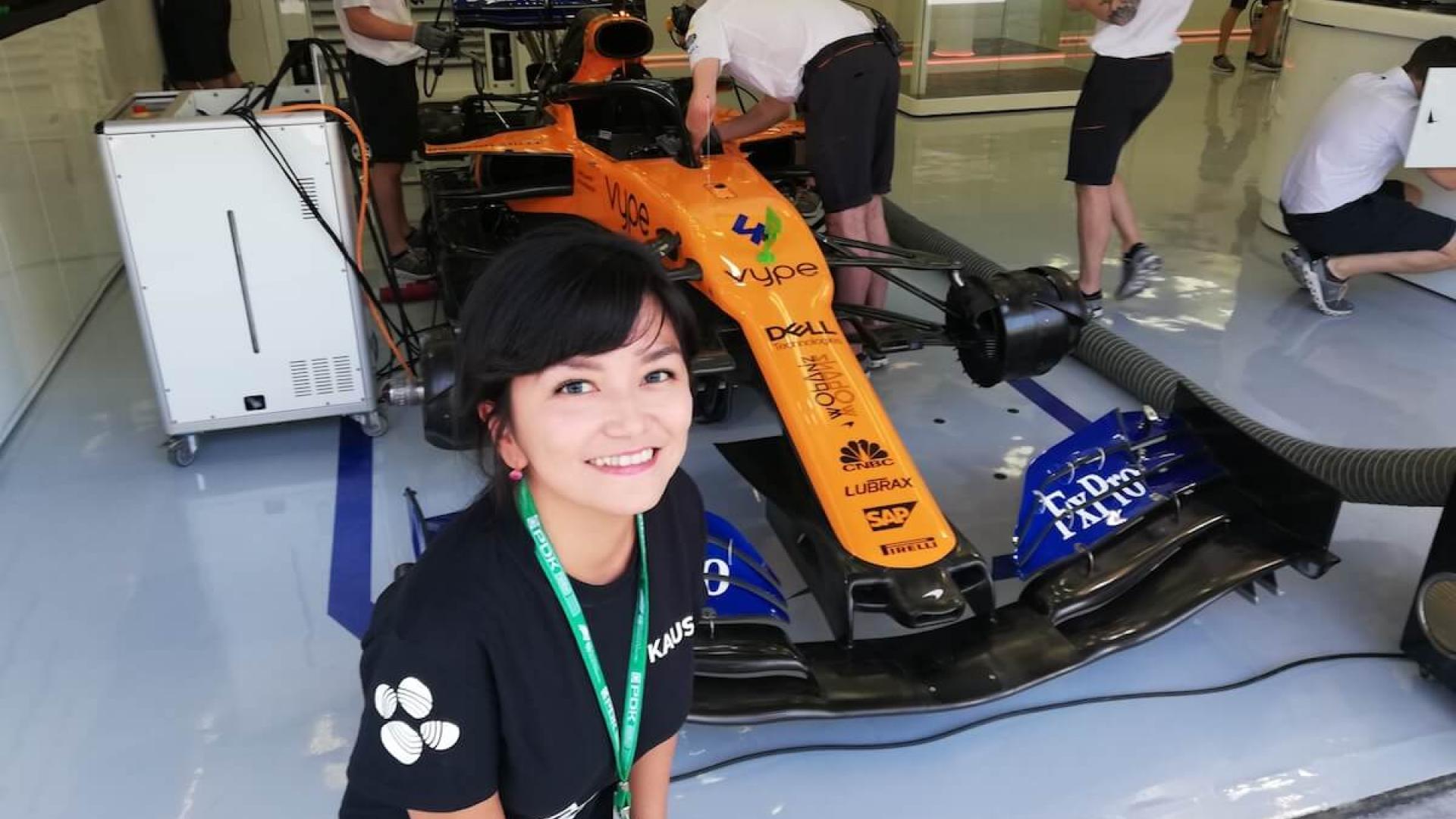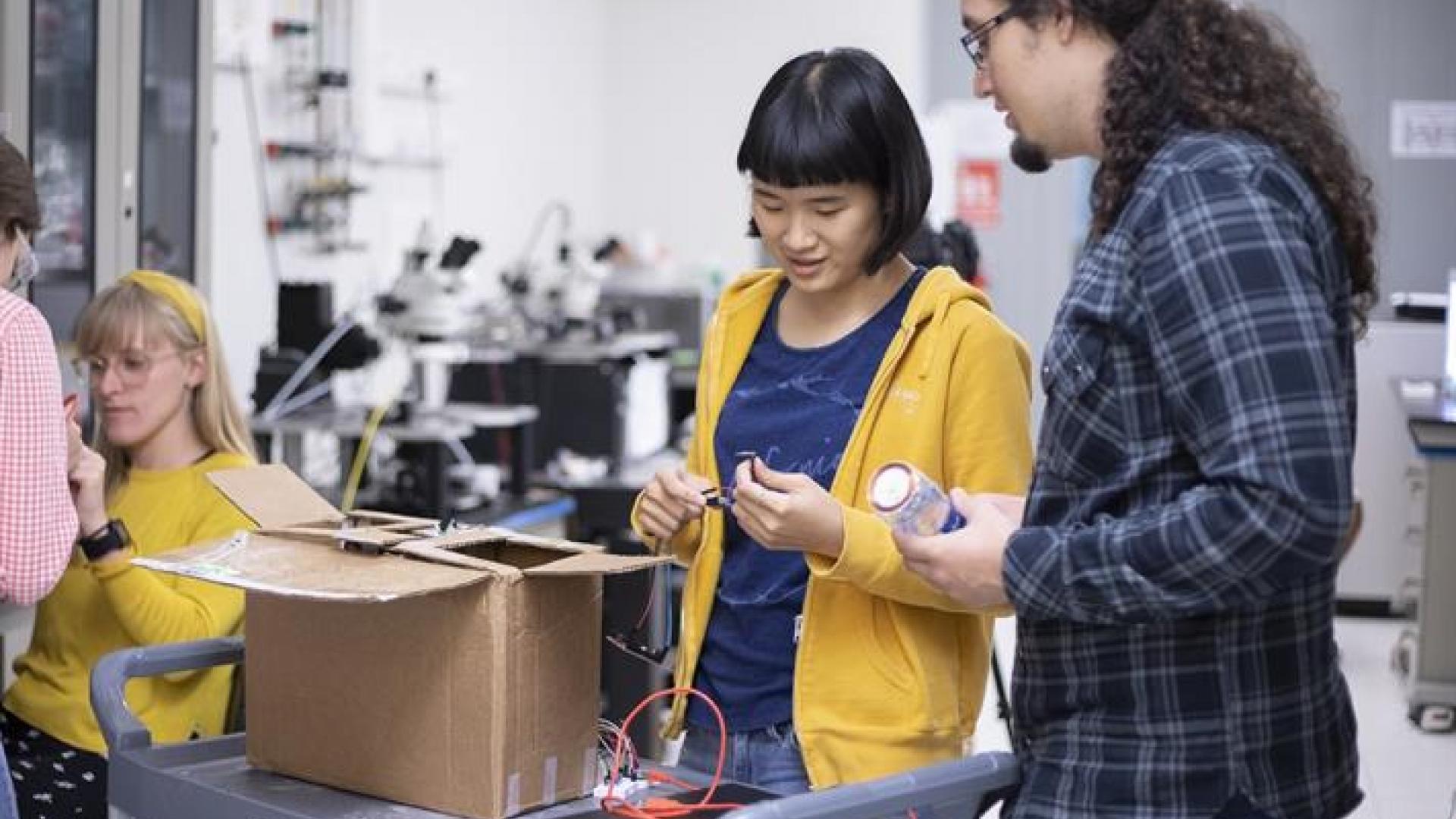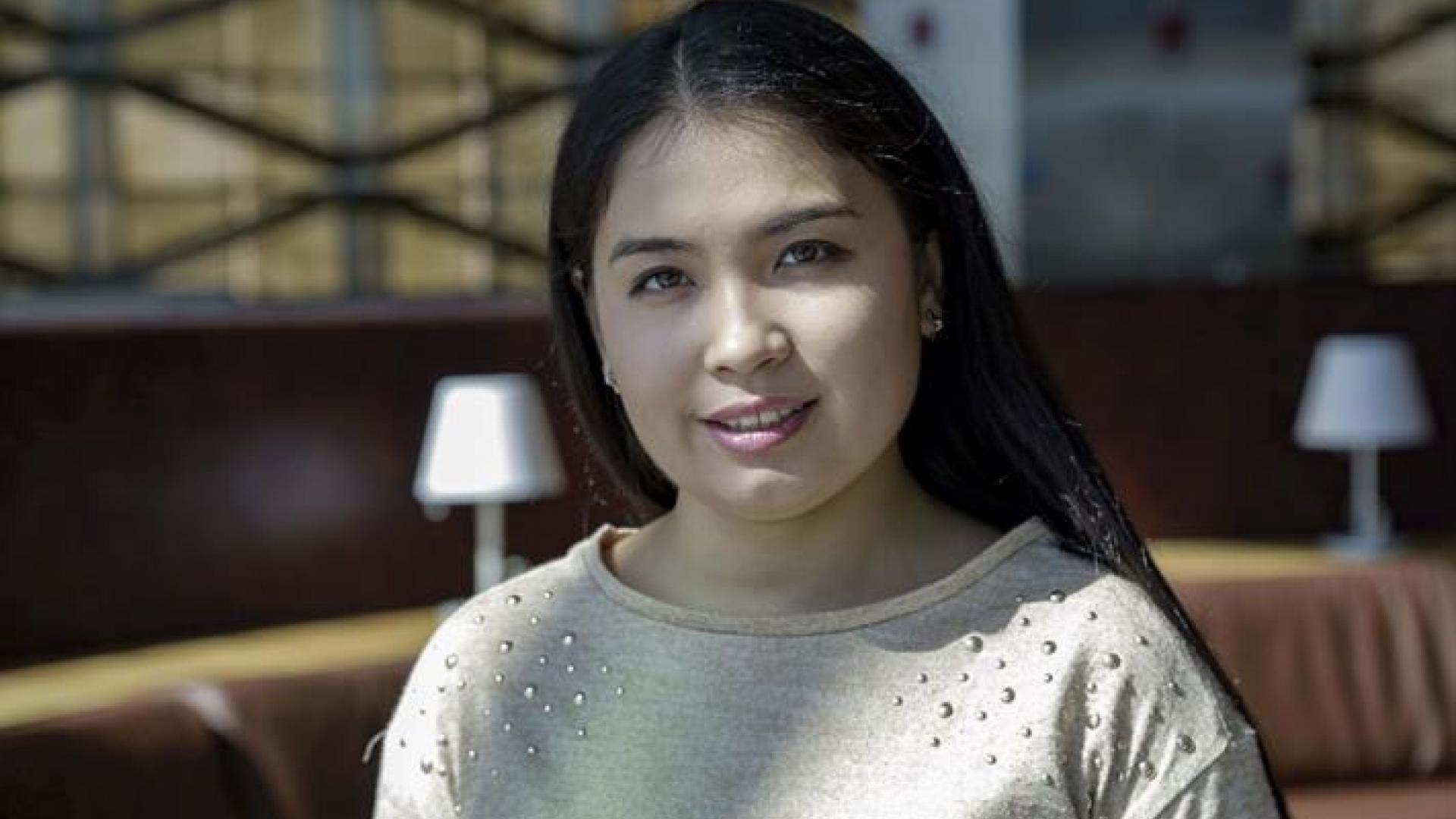KAUST CEMSE Division professors Peter Markowich and Jinchao Xu have been elected members of the prestigious Academia Europaea.
Jasmeen Merzaban, Jürgen Kosel and colleagues from their labs developed nanotechnology that accelerates the transition of stem cells into bone and could advance regenerative medicine.
KAUST Ph.D. student, Khalil Youssef Moussi, was recently selected as a top ten winner in
The Falling Walls Remote 2020: “Emerging Talents” Category. On Monday, November 9, Moussi’s project, "Breaking The Wall of Coronary Artery Disease," was presented to an online audience of industry leaders, decision-makers, investors, and international media as part of the Falling Walls and Berlin Science Week: World Science Summit 2020.
KAUST alumni Dr. Chinthaka Gooneratne and Dr. Bodong Li both recently received Society of Petroleum Engineers (SPE) 2020 Regional Awards for the Middle East and North Africa Region. Gooneratne won the Regional Drilling Engineering Award, while Li was awarded the Regional Formation Evaluation Award.
Customizable magnetic iron nanowires pinpoint and track the movements of target cells.
Imagine if there was a revolutionary wearable technology that could enable the user to open doors or operate machinery with a simple wave of their hand or a mere blink of their eye? What people might not realize is that this contact-free human-machine technology already exists—and it has been developed right here in a laboratory at KAUST.
Multifunctional iron nanowires selectively obliterate cancer cells with a triple-punch combination attack.
Jürgen Kosel, KAUST associate professor of electrical engineering in the University's Computer, Electrical and Mathematical Science and Engineering division, has been appointed as a distinguished lecturer of the Institute of Electrical and Electronics Engineers (IEEE) Sensors Council for the period of 2020 to 2022.
What do an electrical engineer, an organic chemist, a materials scientist and a cell biologist all have in common? They invent and improve applications at the interface of biology and electronics.
Jürgen Kosel, associate professor of electrical engineering in the University's Computer, Electrical and Mathematical Sciences and Engineering (CEMSE) Division, has been appointed as a Distinguished Lecturer of the IEEE Sensors Council for the period of 2020-2022.
A magnetic skin that is safe and comfortable to wear could open the door to a wide range of wireless, remotely controlled applications.
Altynay Kaidarova is a Ph.D. student in electrical engineering based in the University's Computer, Electrical and Mathematical Science & Engineering division.
The “KAUST Research Conference on New Trends in Biosensors and Bioelectronics” was held in KAUST between the 25th and 27th of February.
"You would not believe how many amazingly talented people there are in the world, but they often are just not exposed to opportunities," noted Muhammad Mustafa Hussain, KAUST professor of electrical engineering and currently a visiting professor at the University of California, Berkeley. He is determined to try and change this—one step at a time.
Ainur Sharip, who is originally from Karaganda, Kazakhstan, joined KAUST in August 2017 to pursue her M.S. and then her Ph.D. in bioscience. Sharip's research interests at KAUST focus on bioengineering, molecular and synthetic biology.
She obtained her master's degree under the supervision of Associate Professor Jürgen Kosel in the University's Computer, Electrical and Mathematical Science & Engineering division. As a member of Kosel's Sensing, Magnetism and Microsystems (SMM) research group, Sharip and her colleagues investigated the behavior of stem cells upon culturing on magnetic iron nanowire substrate, with a specific focus on cytoskeleton rearrangement and the differentiation of cells.
